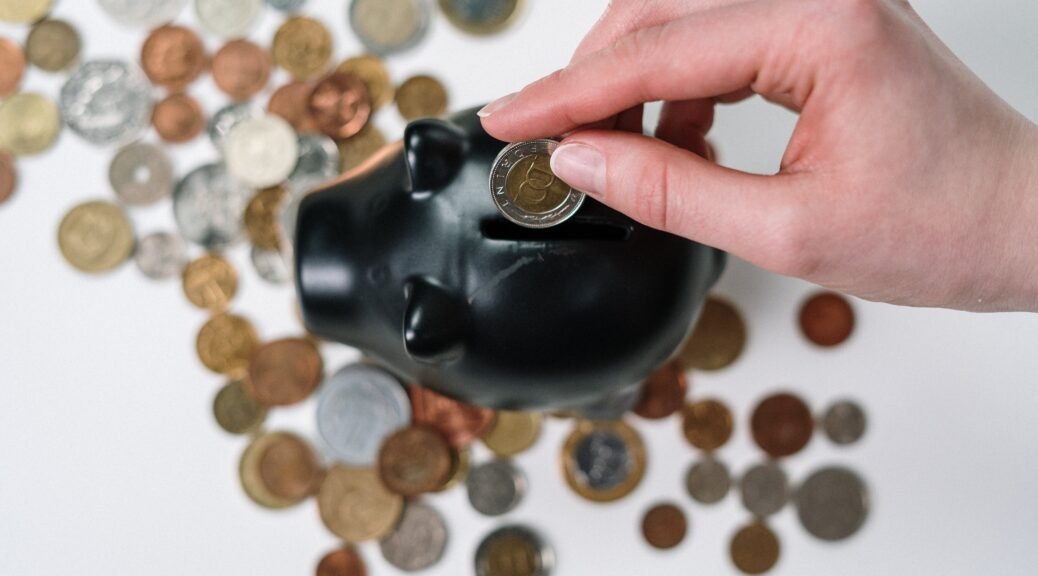
8 Tips : How to do budget management for Housewives?
cherrishlife.net Comments 0 Comment
Effective budget management is crucial for housewives looking to save money. By employing smart strategies, you can make your budget go further and optimize your resources.
This article offers a range of money-saving tips specifically designed for housewives. Moreover, it explores the advantages of Post Office schemes, offering valuable guidance on maximizing your savings. Find practical advice here to attain financial stability and secure your future.

Read about :- 4 Smart Budgeting Ideas – https://cherrishlife.net/4-smart-budgeting-ideas-for-housewives/
Table of Contents
ToggleCreate a Household Budget
Establishing a comprehensive household budget marks the cornerstone of prudent financial management. This process unveils a financial landscape, shedding light on avenues where adjustments and optimizations can be made.
Crafting such a structured budget isn’t just about listing figures; it’s about cultivating a keen awareness of your financial inflows and outflows. It’s the guiding instrument that steers your financial decisions, empowering you to allocate resources judiciously and with foresight. It grants you the ability to make informed choices, directing funds towards priorities while curtailing unnecessary expenses.
By adopting the practice of maintaining a well-structured budget, you not only gain control over your finances but also cultivate a disciplined approach to money management. It fosters a proactive stance, encouraging regular reviews and adjustments in response to evolving financial circumstances. This systematic approach instills confidence, laying the groundwork for achieving your short-term financial goals and propelling you steadily towards long-term financial security.
Plan Meal Properly
Meal planning transcends the mere act of charting out menus; it’s a proactive strategy that champions both nutrition and financial prudence within a household.
By pre-determining your meals for the week, you sidestep spontaneous grocery purchases, eradicating the allure of unplanned items that often find their way into the cart. This thoughtful strategy disarms impulsive spending tendencies, ensuring your shopping aligns precisely with your planned meals, thus curtailing unnecessary expenses.
Simultaneously, meal planning operates as a shield against food waste, a pervasive issue in many households. By outlining your culinary course for the week, you gauge ingredient requirements more accurately, reducing the likelihood of excess purchases that might eventually go unused and be discarded. This conscientious approach not only conserves resources but also reinforces a sustainable, eco-conscious ethos within the household.
The symbiotic relationship between meal planning, nutrition, and financial prudence extends further to the creation of a strategic shopping list. This list becomes your steadfast companion during supermarket visits, a meticulously curated inventory designed to keep you on track and in line with your predetermined meal plan. It serves as a bulwark against impulsive purchases, anchoring your shopping experience to your premeditated meal choices, thereby optimizing your spending.
Opt for Bulk Purchase
Opting for bulk purchases presents a strategic approach to managing household essentials and non-perishable items, offering dual benefits of cost efficiency and convenience. This practice involves procuring items in larger quantities, leveraging economies of scale to secure discounts while streamlining the frequency of shopping trips.
The essence of buying in bulk lies in its potential to yield substantial savings by leveraging economies of scale. By acquiring items in larger volumes, you unlock access to discounted rates that are typically unavailable when purchasing individual units. This cost-efficient approach allows for a reduction in the per-unit cost, thereby stretching your budget further and maximizing the value derived from each purchase.
However, the practice of bulk buying necessitates a judicious approach. It’s imperative to exercise caution and prudence by verifying expiration dates and adhering strictly to recommended storage guidelines. Ensuring the freshness and longevity of these bulk-acquired items is pivotal to reaping the intended benefits. Moreover, thoughtful consideration of storage requirements guarantees optimal preservation of the purchased goods, mitigating any risk of spoilage or deterioration.
Limit your Energy Consumption
Implementing measures to curtail energy consumption is a proactive step towards both fiscal prudence and environmental stewardship. By adopting a spectrum of energy-saving practices, households can significantly reduce their energy bills while simultaneously contributing to a greener, more sustainable future.
Transitioning to appliances with high energy ratings and eco-friendly features not only diminishes overall energy usage but also translates into substantial savings over time. Simple yet impactful habits, such as diligently turning off lights in unoccupied rooms and utilizing natural light sources during the day, represent small steps that collectively lead to significant energy conservation. By fostering an environment-conscious mindset within the household, these practices instill a culture of mindful energy usage, reducing unnecessary consumption and subsequently trimming down utility expenses.
The tangible benefits of lowering energy bills extend beyond monetary savings; they resonate with broader environmental implications. Reduced energy consumption translates to a decreased carbon footprint, contributing positively to conservation efforts and mitigating the impact on the environment. This harmonious balance between financial prudence and environmental mindfulness underscores the significance of conscientious energy usage within households.
Find Comparison Shops
“Employing a strategy of diligent comparison shopping before significant expenditures serves as a prudent approach towards securing the most advantageous deals. This method involves a comprehensive exploration of prices across various retailers, both brick-and-mortar and online establishments, in pursuit of optimal savings and value. It’s an active process that involves thorough research and scrutiny of prices, allowing individuals to assess the market and identify potential variations in costs across different vendors.
Moreover, leveraging sales, discounts, and cashback offers emerges as a strategic maneuver within this comparison shopping framework. Keeping an eye out for promotional events, seasonal sales, or exclusive discounts equips consumers with the ability to secure substantial savings on their intended purchases. Similarly, cashback offers and reward programs add an extra layer of benefit, providing opportunities to accrue additional value on transactions.
This holistic evaluation ensures that the chosen product not only fits within budget constraints but also aligns with desired standards of quality and satisfaction.
Adopt Cost – Effective Transportation
Adopting cost-effective transportation alternatives stands as a pragmatic approach to curbing expenses associated with travel. Embracing options like carpooling, utilizing public transportation, or opting for biking whenever feasible presents opportunities to trim both fuel expenditures and maintenance costs related to personal vehicles.
The essence of this approach lies in diversifying transportation methods to mitigate financial outlays. Carpooling not only fosters a sense of community and shared travel but also significantly slashes fuel expenses by dividing costs among passengers. Furthermore, prioritizing regular maintenance for your vehicle serves as an investment in prolonging its lifespan and averting potential repair costs.
In essence, diversifying transportation modes not only yields immediate savings on fuel and maintenance but also fosters a more sustainable and cost-conscious approach to commuting. It’s a strategic shift towards alternative means of travel that not only curtails individual expenses but also contributes positively towards reducing environmental impact and fostering a more resource-conscious lifestyle.
Establish Emergency Funds
Establishing an emergency fund stands as a prudent measure to safeguard your financial stability against unforeseen circumstances. By earmarking a portion of your savings specifically for emergencies, you create a financial buffer that shields you from potential debt incurred by sudden expenses like unexpected medical bills or urgent home repairs.
The essence of an emergency fund lies in its role as a safety net, a proactive approach to prepare for the unexpected twists that life may bring. This reserved pool of funds serves as a dedicated resource, readily available to cover unforeseen expenses without disrupting your regular budget or necessitating borrowing from other sources.
In essence, cultivating an emergency fund isn’t just about setting money aside; it’s about fortifying your financial resilience. It’s a strategic move that empowers you to weather unexpected financial storms with confidence, ensuring that you have a cushion to fall back on during challenging times without compromising your long-term financial stability.
Conclusion
Adopting these money-saving strategies allows housewives to actively bolster their family’s financial health while adeptly overseeing household affairs with assurance and effectiveness.
It’s important to acknowledge that even minor alterations in spending habits can accumulate into substantial savings over time. This, in turn, fosters enhanced financial stability not just for yourself but also for the well-being of your cherished family members.